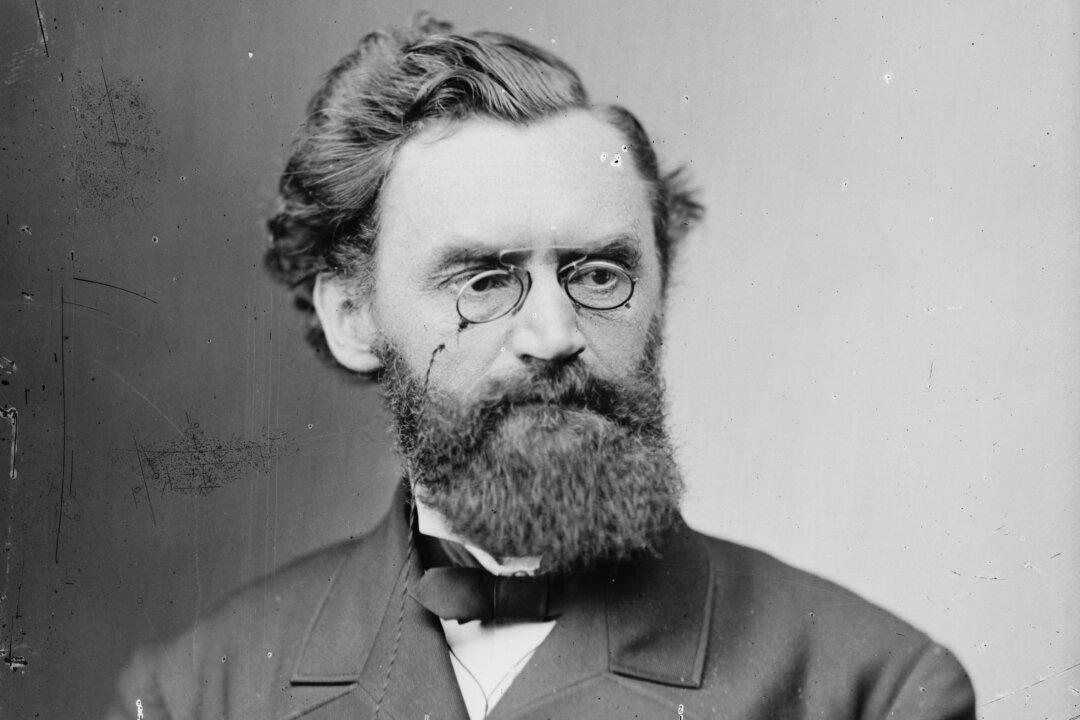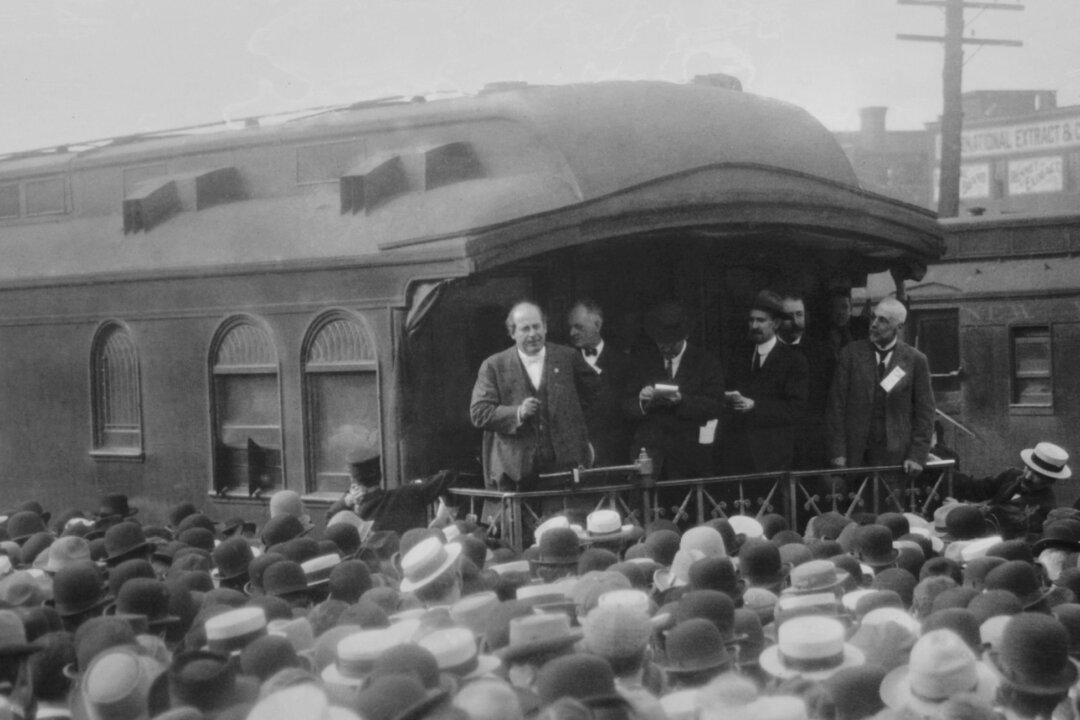Commentary
Carl Schurz (1829–1906) was one of many Prussian exiles who arrived in the United States following the failed revolutions of 1848. After reforms failed to materialize in Europe, Schurz became one of the German “48ers” who came to America to escape political persecution for his role in the unsuccessful uprisings. Schurz went on to contribute to his new homeland as a political reformer, Union Army officer in the Civil War, senator, presidential cabinet member, and commentator. He shaped a unique legacy throughout the Gilded Age as a determined classical liberal who advocated civil service reform, sound currency, low tariffs, and a non-interventionist foreign policy. Many key episodes in Schurz’s life offer meaningful lessons for Americans today, but perhaps none more distinctive than his 1897 dispute with a sitting U.S. Senator.


